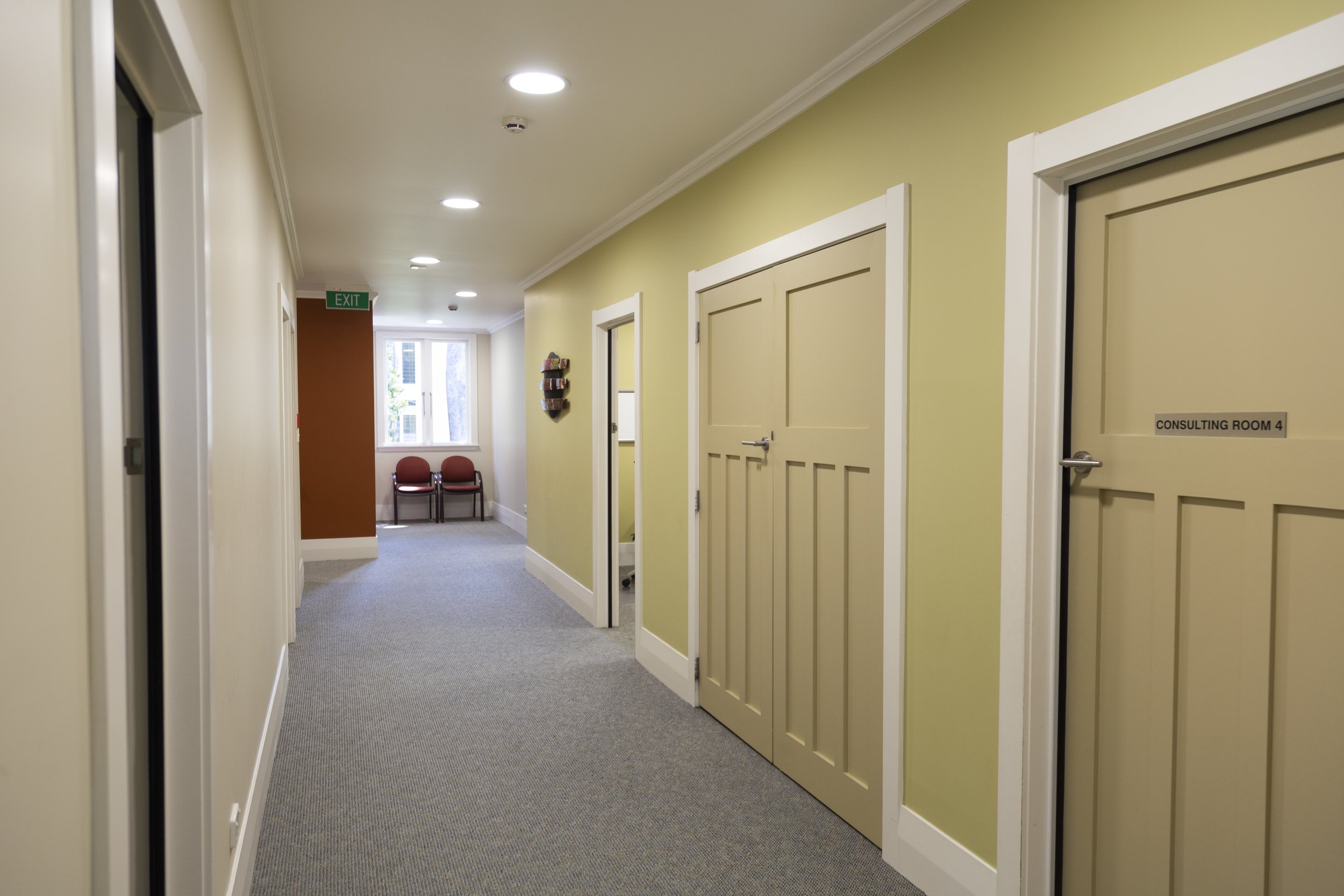
Specialties
The AMS consultants specialise in Neurology, Neuropsychiatry, General Psychiatry, Respiratory Medicine, Paediatrics, and Neurophysiology. Click on the headings below for more information.
Consultation-Based Appointments
-
Neurology is the study of the nervous system (brain, spinal cord and nerves), how it controls various parts of the body and the diseases and disorders that may affect it. A medical specialist in this field is a neurologist.
-
Neuropsychiatry refers to the clinical area focusing on non-motor and non-sensory aspects of brain function; i.e. cognitive, behavioural and psychological symptoms associated with brain injury and neurological disorders. This can involve acquired brain injuries including cerebral bleeds and stroke, epilepsy, infections, brain tumours, movements disorders and traumatic brain injuries.
-
General adult psychiatry focuses on the assessment, diagnosis and management of mental health conditions in adults. This includes mood and anxiety disorders, psychotic illnesses, personality disorders, and mental health challenges related to life stressors, trauma or physical health conditions.
-
Respiratory medicine is the branch of medicine that deals with the causes, diagnosis, prevention and treatment of diseases affecting the lungs and breathing.
-
Paediatrics at Auckland Medical Specialists is a comprehensive, general and subspecialty paediatric service for your child. We pride ourselves in high standards of specialty paediatric medical care with all of our specialists having public appointments at Starship Hospital.
We have close links with paediatric surgical services as well as allied health professionals in the Auckland community enabling multidisciplinary care of even the most complex issues.
Neurophysiology Testing Appointments
-
A nerve conduction study (NCS) measures electrical impulses as they move through your nerves. A NCS can identify nerve damage.
Two sets of electrodes are placed on the skin over the nerve (or muscle) being studied - one set stimulates the nerve with a very mild electrical impulse and the other records the resulting electrical activity which is then recorded by a computer. This is repeated for each nerve being tested.
A related test that may be done is an electromyogram (EMG). This uses a fine-recording needle to measure the electrical activity in your muscles. It is usually done at the same time as a NCS. Both tests help find the presence, location and extent of diseases that damage the nerves and muscles.
-
An EEG is a test used to evaluate the electrical activity in the brain.
This is a painless and non-invasive procedure that has no side effects. It is used to aid with the diagnoses of some neurological disorders. Special wires called electrodes are attached to the scalp (using adhesive paste and tape) and these wires are connected to a computer that records these signals. These signals are also referred to as brainwaves.
Patients can have either an Awake (routine) EEG or an Awake and Sleep EEG, with or without sleep deprivation and sedation depending on the referring doctor's request.
Keeping still and relaxing are very important during the test. Sleeping during the test is good in most cases.
To ensure optimal results are achieved, some preparations are required.
-
Electromyography (EMG) measures the electrical activity of muscles during rest and contraction and is used to help detect neuromuscular abnormalities.
During the test a small needle is inserted through the skin into the muscle. The electrical activity picked up by the electrodes is then displayed on an oscilloscope (a monitor that displays electrical activity in the form of waves). An audio-amplifier is used so the activity can be heard.
Read more about EMG here